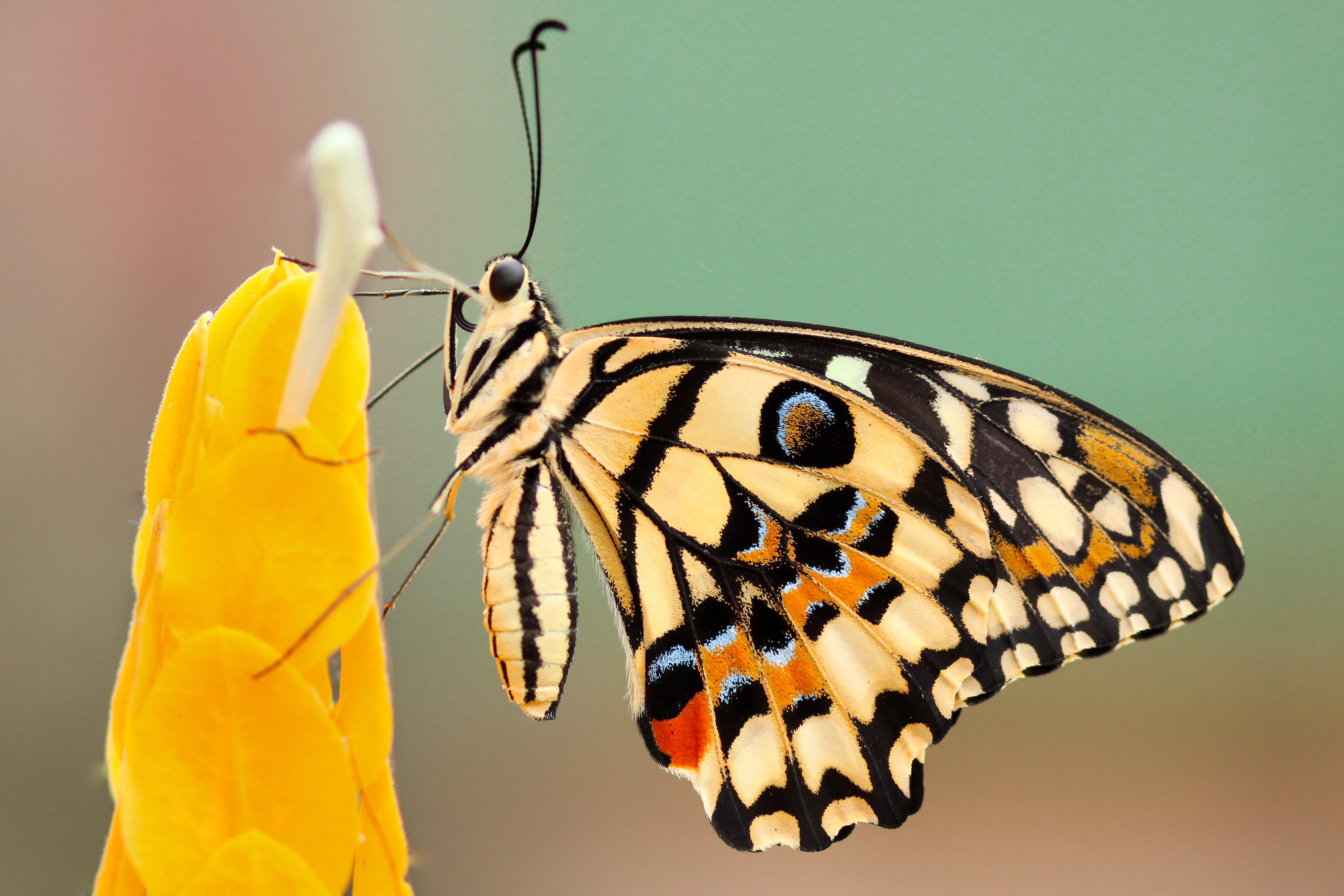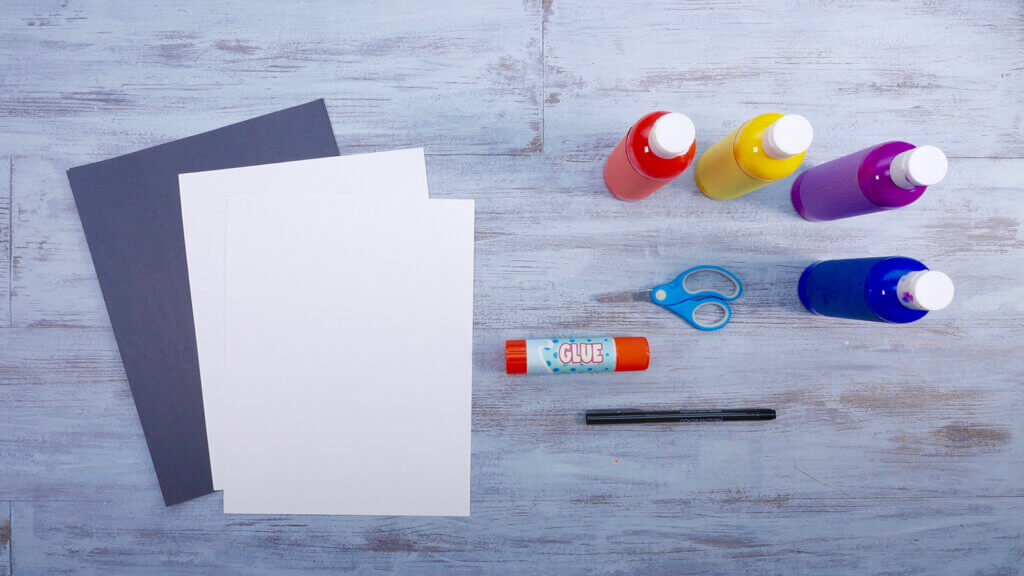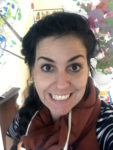 What is symmetry?
What is symmetry?
Symmetry is when two parts of a whole are exactly identical. Something is symmetrical if you can draw a line down it and each side looks the same. This is called the Line of Symmetry. Take for example a heart. It has one line of symmetry. If you were to put a mirror on the vertical line shown below you would see the other side of the heart in the mirror. Two identical sides. This is symmetry. Other shapes, such as a square for example, have lots of lines of symmetry, meaning you could put a mirror on any of the lines shown above and they would all be symmetrical in the reflection of the mirror.

Nature loves symmetry. Humans are even symmetrical. Yes, you and me. We have a Line of Symmetry that can be drawn straight down the middle of us. On either side of this line we have, an eye, ear, nostril, half of our lips, and arm, a hand with five fingers, a leg and a foot with five toes.
What animals in nature can you think of that are symmetrical? Let’s think of a few. Why not get some books out or look on the internet to help them find some.
Using the iNaturalist app online or on your phones, do a species search for butterflies and look through the pictures with your children. Talk to them about what you have learned by now using eyes to see and connect their learning with the visual. What do they see looking at the butterflies? Are each of their wings the same as the other? Do they have a Line of Symmetry? Does this mean they are symmetrical?
Scientists, astronomers, mathematicians, artists, sculptors, philosophers, architects and interior designers have all been and continue to be fascinated by symmetry. No one has really been able to explain why we are so drawn to it or why symmetry is all around us. In fact, once you start to look around for it you’ll soon find you can’t stop and that it is everywhere.

Facts about Butterflies
- They are insects.
- They have four stages in their life cycle. Egg, caterpillar (larva), chrysalis (pupa) and butterfly (adult).
- hey have four wings.
- They live as a butterfly, depending on species from a week up to a year.
- The patterns on their wings are made from tiny scales.
- Like bees they eat nectar from flowers.
- Some taste with their feet.
- Images of butterflies can be seen in Ancient Egyptian frescoes in Thebes. They are 3,500 years old!
- But butterflies are older then that, they are dinosaur old. The earliest butterfly fossil found dates back 56 million years ago! Palaeontologists and scientists believe they emerged when flowers did.
How to make your garden or balcony inviting to butterflies
Fully grown butterflies need flowers to feed on, so plant some nectar flowers. Do some research to see what butterflies live in your area and what flowers they like to feed on.
They like eat and rest in the sun (who doesn’t enjoy eating in the sun?!), so plant the flowers in a place the sun will hit them.
Keep the soil moist as they like to drink water from moist areas.
Did you know they love eating citrus fruit like oranges and pineapples too. If you have squeezed some oranges for juice and have left over pineapple cuttings, put them back into nature so that they can eat them. Giving back to nature doesn’t have to be complicated.
Symmetrical Butterfly Activity

Teaching children about symmetry can be tricky without physically showing them and getting them to interact with an activity about it. This way they are able to put into action what they are learning and it will more likely continue to be something they remember. In our activity, ‘Butterfly Symmetry’, we are using an easy age old craft I remember doing myself when little. It is simple but a very effective way to teach the subject of symmetry. Symmetry is beautiful and each butterfly you create will be a unique masterpiece illustrating just this. So join us and lets get creating!

What you need:
- Sketchbook or thicker paper
- Black construction paper (for a body, optional)
- Glue Stick (optional – for body)
- Paintbrushes
- Paint
- Palette
- Scissors
- Pencil

Instructions:
- Pull out a sheet of paper from your sketchbook, or you can use any kind of thicker paper you have to hand. Placing it horizontally in front of you, take the left side and fold it in half so the left side touches the right.
- Draw one side of a butterfly on the folded sheet. Make sure that you draw the body of the butterfly on the fold of paper.
- Using scissors, cut out the butterfly, making sure you are cutting both sides of the paper. If your children are confident with a pair of scissors, by all means let them do the cutting. Otherwise, a parent or guardian should do this part.
- Open up the paper and you will see a symmetrically cut butterfly. Yay! Now the fun happens.
- Pick one side of the inside of the folded butterfly to put paint on. It must only be put paint on one side. Once you have picked let your child start to paint it, making sure they put enough paint on it.
A NOTE: at this point you can either let them paint one side with a paint brush, or let them squirt paint onto the side straight out from the paint tube. There needs to be enough wet paint on it for it to transfer onto the other side when pressed down, so don’t let them take too long painting otherwise the paint will dry. - When you are happy with the amount of paint on the one side, carefully have your child fold the paint-less side on to the side with paint. Gently press is down, making sure all the paper is smoothed and pressed. We’d advise making sure you have newspaper down or a splat mat underneath as some paint will ooze out.
- Gently open up both sides and see the beautifully symmetrical butterfly you have created!
- Leave on a safe surface to dry completely.
- Once dry, you can cut out the shape of the butterfly body and apply with a glue stick.

Don’t forget to follow us on Twitter, Instagram, Pinterest, and Facebook!
 Contributor
Contributor
Grace Selous Bull is an arts education author and freelance blogger. Her book, ‘Potty About Pots: arts and crafts for home and school’ is aimed at children from 5-12 years old and takes them through a journey of ceramics through time. She is a full time Mummy of two girls, both of whom love being creative, and is married to her husband, Andrew, who does not.
Original content © 2018 Super Simple. Not to be reprinted without express written permission. Terms of Service.

